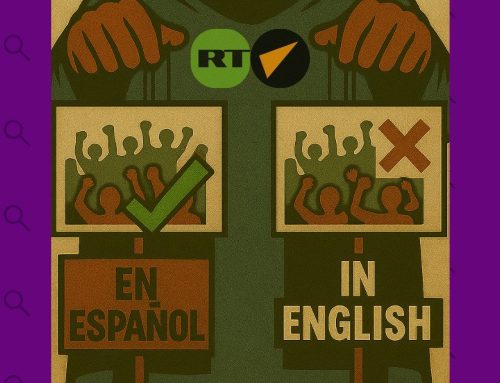The Kremlin’s efforts to influence the 2016 election in the United States are well known – even now, a special prosecutor is investigating Russia’s ties to the Trump campaign. Less well reported are Russia’s social media campaigns in Germany ahead of last month’s vote, which met with more mixed success.
Until the last moment of the German election that took place on September 24, large-scale, overt interference by the Kremlin was considered a real possibility. However, in the end Germans were spared the brazen meddling that marred elections in both the United States and France. Yet with the openly pro-Russian Alternative for Germany’s (AfD) strong showing securing its place in the Bundestag, Moscow has every reason to be satisfied with the outcome of the vote. In fact, data collected by the Alliance for Securing Democracy (ASD), an initiative run by the German Marshall Fund in Washington, DC, shows that Kremlin-oriented networks engaged in low-level, covert interference in Germany. Most notably, these networks actively supported AfD online by targeting the German public with the same type of disinformation they used in the United States.
Since July, ASD has been monitoring the activity of Kremlin-oriented actors on Twitter in the United States via its Hamilton 68 dashboard. Just before the German election, ASD added Artikel 38, a similar tool that monitors the activity of Kremlin-oriented Twitter accounts in Germany. The researchers at ASD trawled through thousands of followers of Russian propaganda outlets RT and Sputnik and used three metrics – influence, exposure, and in-groupness – to narrow the initial list down to 1,100 accounts, 600 in the United States and 500 in Germany, that consistently echo Moscow’s political line. The two dashboards now automatically monitor these accounts in real time and distill their content into an analyzable format.




